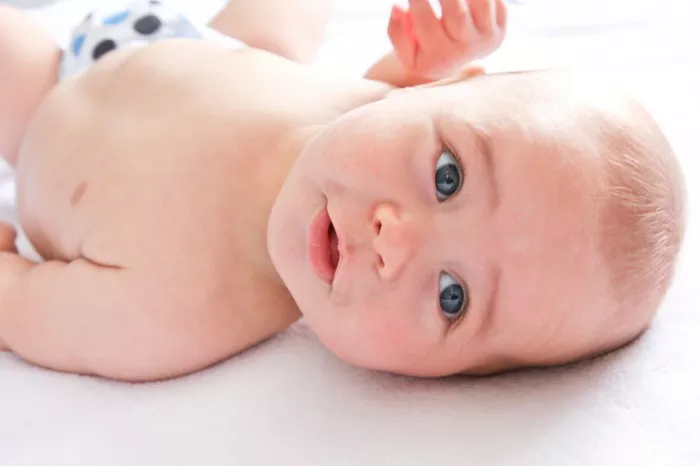FAQs
Is a cold serious for a newborn?
A cold can be serious for a newborn because their immune system is not fully developed, making them more susceptible to complications such as bronchiolitis or pneumonia. Symptoms like difficulty breathing, high fever, or refusal to feed warrant immediate medical attention. Even a common cold can lead to severe respiratory issues in infants, so prompt consultation with a healthcare provider is crucial.
What do newborns do when they are cold?
When newborns are cold, they may exhibit signs like fussiness, restlessness, or crying. They might have cool extremities, and their skin could appear mottled or bluish. Unlike older children, newborns cannot shiver to generate warmth, so they rely on caregivers to provide adequate clothing, blankets, and a warm environment to maintain their body temperature.
What to do if you have a cold around a newborn?
If you have a cold around a newborn, it’s essential to minimize their exposure to the virus. Wash your hands frequently, wear a mask, and avoid close contact as much as possible. Ensure the baby is in a well-ventilated room and practice good hygiene to prevent the spread of germs. Consider having another healthy adult take over the primary caregiving duties until you recover.
Related topics:
- What to Give a 3-Month-Old for a Cough: A Parent’s Guide
- Soothing a 5-Month-Old’s Cough: Safe & Effective Remedies
- Helping 4-Month-Old Cope with a Cough: Expert Advice & Safe Remedies


